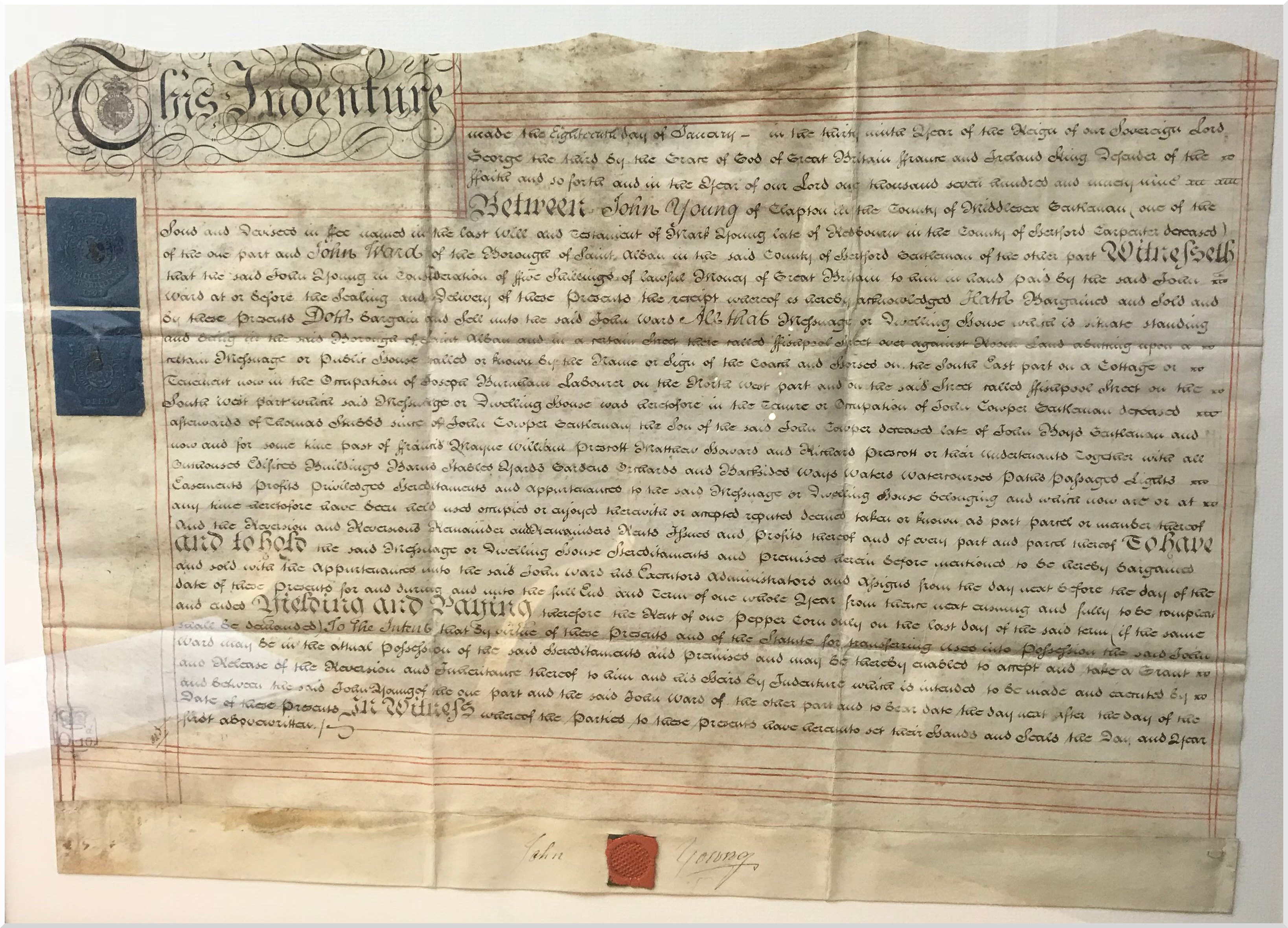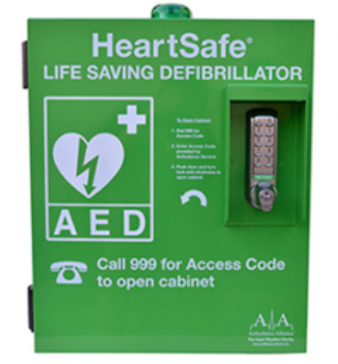A recent story in the press relates how a German police patrol stopped a car being driven erratically on a Bavarian motorway. When they approached the vehicle police officers were surprised to find a tree kangaroo, two Siberian owls, six barnacle geese and ten ducks inside, along with the 62 year old driver.
The man was cleared of being under the influence of alcohol, and told the officers that he was a vet. He had bought the animals in Belgium and Holland and was in the process of taking them to the Czech Republic for breeding purposes. The menagerie was temporarily housed in a local zoo and wildlife park, while the car driver made more suitable arrangements for transporting his animal passengers.
The German vet’s behaviour may seem a little eccentric, but many UK drivers are just as guilty of flouting the law when it comes to driving with animals in their vehicles. Research by car insurance website Confused.com reveals that 64% of UK motorists are unaware that failing to restrain a pet in their vehicle while driving can carry a fine of up to £5000, as well as 9 points on their licence. The research also showed that only 48% of pet owners realise that driving with an unrestrained pet could invalidate the driver’s insurance, leaving them responsible for paying for any claims in the event of a claim.
Furthermore, safety advice on the AA’s website suggests that failure to notice hazardous situations due to an unsecured pet in their vehicle could lead to a charge of driving without due care and attention. Worse still, the AA claims that a more serious offence could result in a charge of dangerous driving, with a potential custodial sentence and mandatory minimum 12 months driving ban.
Rule 57 of the Highway Code states: When in a vehicle make sure dogs or other animals are suitably restrained so they cannot distract you while you are driving or injure you, or themselves, if you stop quickly. A seat belt harness, pet carrier, dog cage or dog guard are ways of restraining animals in cars.
The pet charity PDSA states that there are 11.1 million pet cats and 8.9 million pet dogs in the UK, and that a quarter of UK households have a cat or dog, or both. With these sort of numbers the possibility of being involved in an accident due to an unsecured pet in a vehicle are alarmingly high. Car drivers and front seat passengers were obliged by law to buckle up in 1983, and rear seat passengers in 1991. Surely pet owners with any thought for the safety of their furry or feathered friends should ensure their pet is securely restrained, not only to prevent injury to the animal but also to the car driver and their passengers too.
Related Articles
The AA: How to keep your pet safe and happy during car journeys
The PDSA: Safe car travel for your pets





